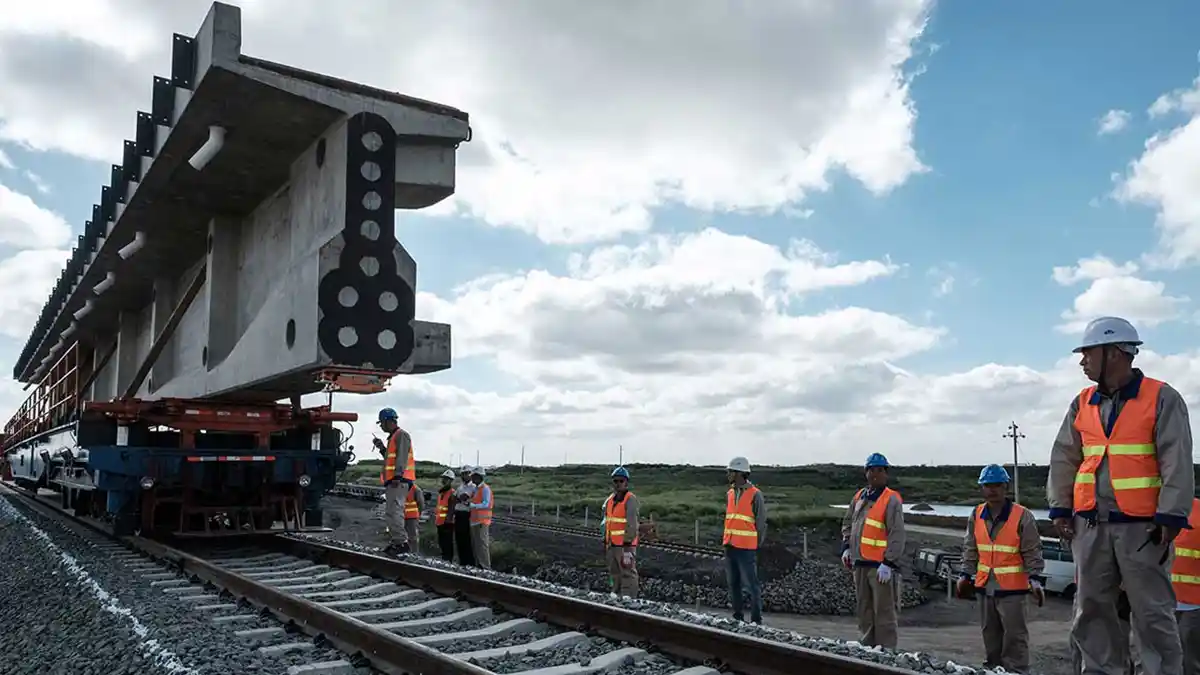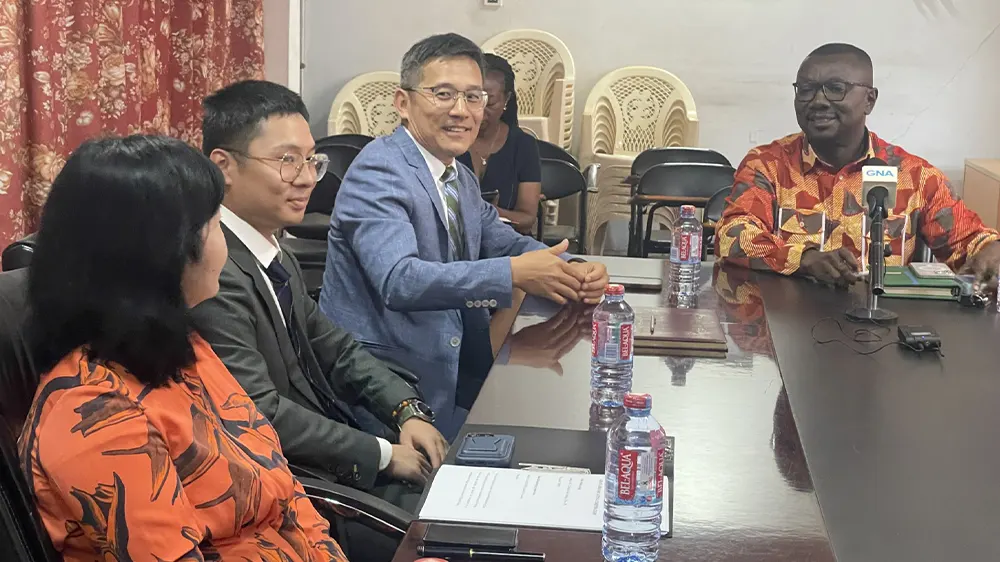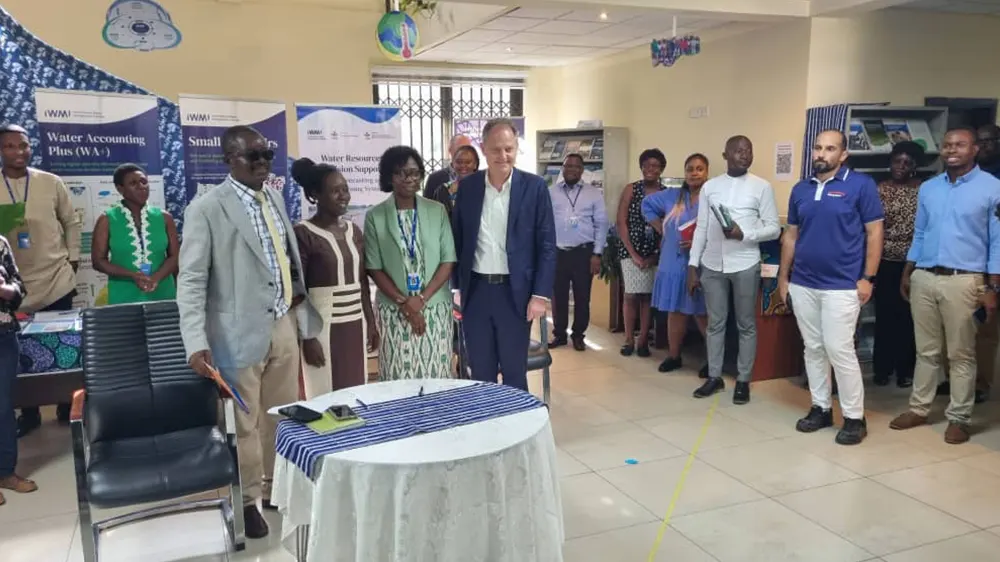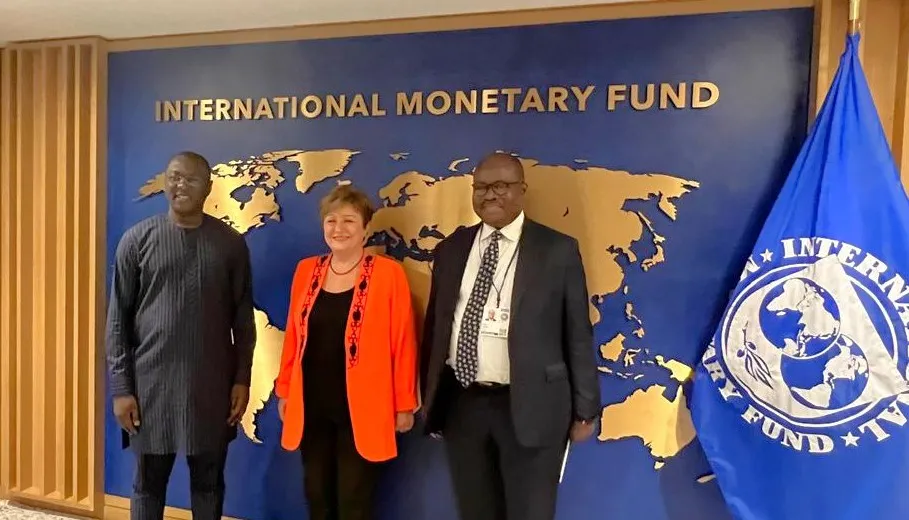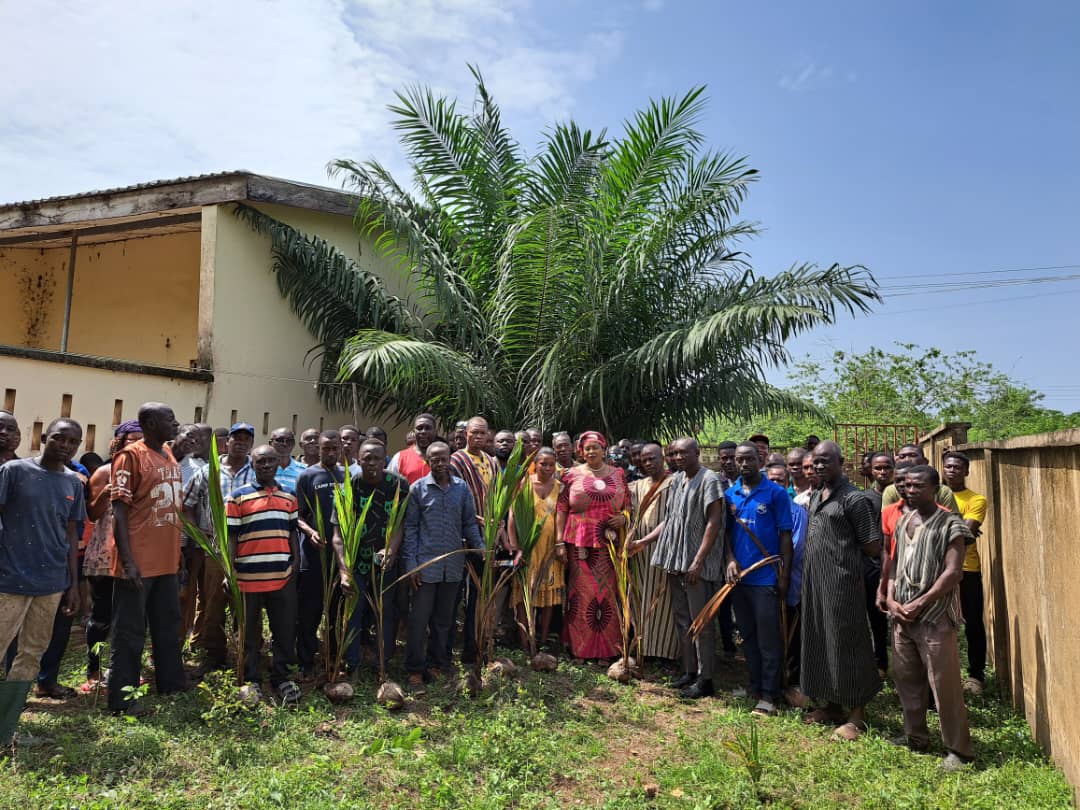Over the last few decades, China has been a leader in championing global initiatives, such as the Global Development Initiative, the Global Security Initiative, and the Global Civilization Initiative.
One of the key global development initiatives spearheaded by China is the Belt and Road Initiative (BRI), launched in 2013 by Chinese President Xi Jinping.
The BRI aims to recreate the historic Silk Road trade route, fostering an open world economic system and achieving diversified, independent, balanced, and sustainable development across Africa, Asia, and Europe.
Mr. Siengui Ki, the General Secretary of WAPP, emphasizes that the BRI is not just an economic initiative but a global public good instrument.
BRI's Impact on Developing Countries
The BRI is not exclusive to China, with 155 countries signing up as of August 2023, representing more than half of the world's GDP and nearly 75 percent of its population.
Despite global discussions on its viability, the BRI has active projects contributing to economic growth and job creation. Over 3000 projects have been completed as of October 2023, generating over 420,000 jobs.
The BRI holds particular significance for Africa, addressing its infrastructure development needs.
The African Development Bank estimates a need for up to $170 billion annually by 2025 to upgrade infrastructure, addressing challenges in energy, water, sanitation, telecoms, and transportation.
BRI and Africa's Connectivity Ambitions
Africa's infrastructure gap requires substantial investment, and the BRI is delivering infrastructure development across the continent.
By fostering connectivity, the BRI contributes to easier intraregional and international trade, lower business costs, increased competitiveness, and acts as a catalyst for economic transformation and diversification.
Fifty of the 55 countries in Africa had signed agreements with the BRI as of August 2022, with the African Union also signing a Memorandum of Understanding.
Countries like Kenya, Tanzania, Somalia, Egypt, and Djibouti have strategic locations making them natural BRI partners.
Boosting Intra-African Trade
Africa's ambitious plan for a common market through the African Continental Free Trade Area (AfCFTA) requires improved transportation routes.
China's infrastructure financing across the continent has played a pivotal role in addressing this, with significant investments in projects between 2007 and 2020.
Africa's Agenda 2063 and BRI Vision
Agenda 2063, adopted by the African Union, aligns with the BRI's vision of an integrated continent.
Aspirations include improving connectivity through initiatives like rail, road, sea, and air links, which resonate with the BRI's goal of enhancing connectivity among member nations.
In summary, the Belt and Road Initiative emerges as a catalyst for Africa's development, aligning with the continent's aspirations for inclusive growth and sustainable development.
China's active involvement in infrastructure projects and the BRI's emphasis on connectivity directly support Africa's vision for the next 50 years.
- Paul Frimpong is the Executive Director of the Africa-China Centre for Policy and Advisory

